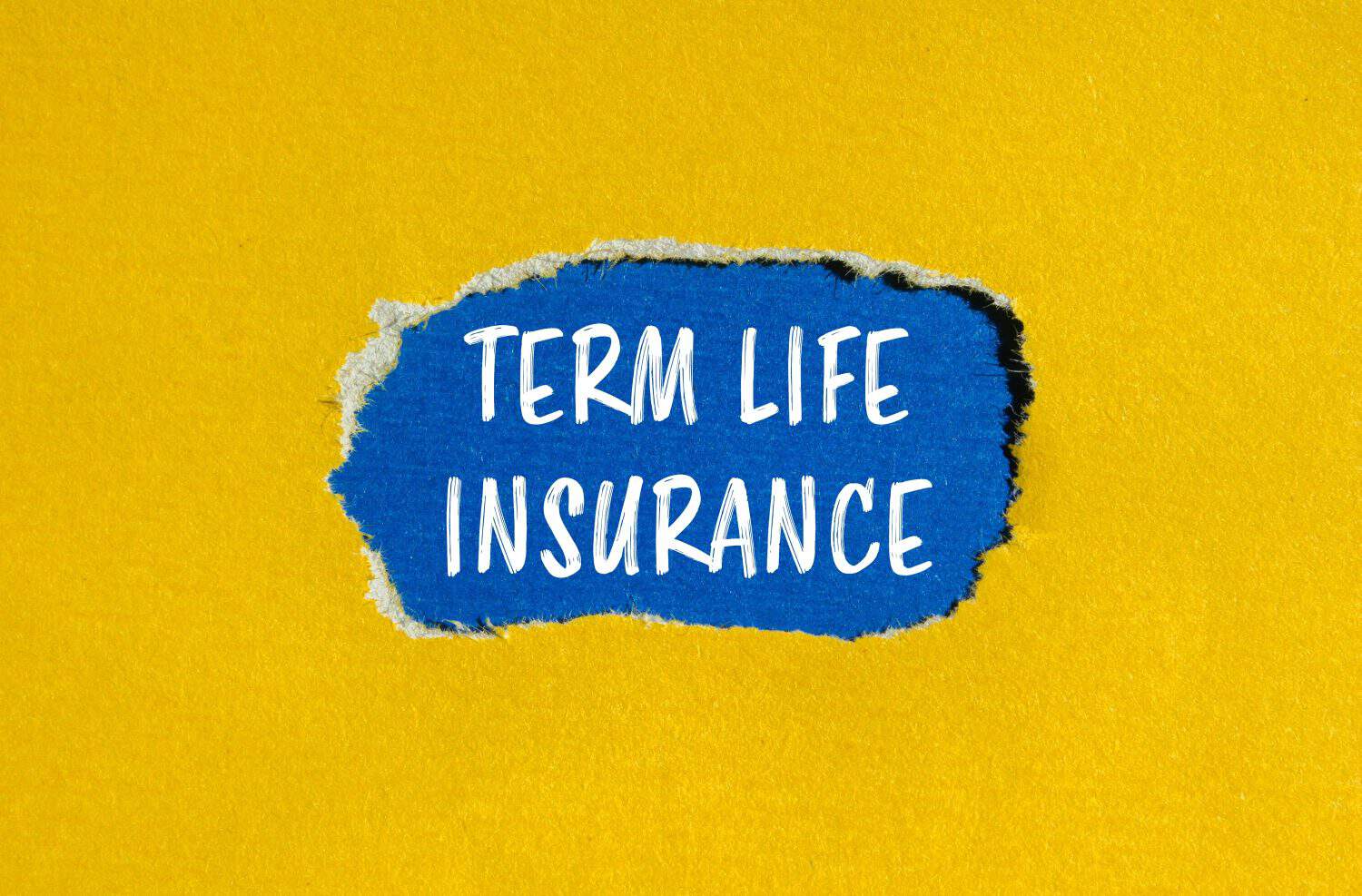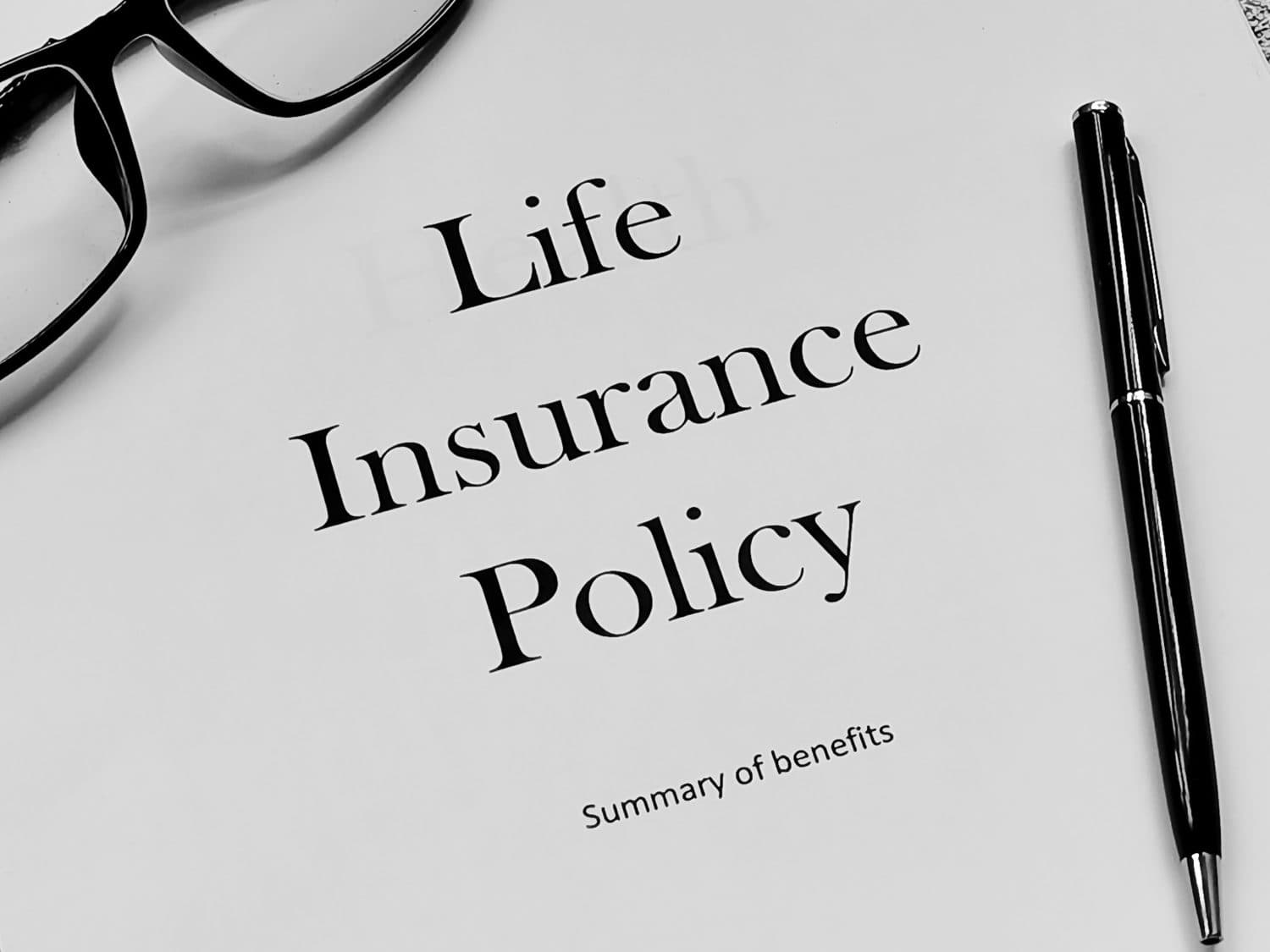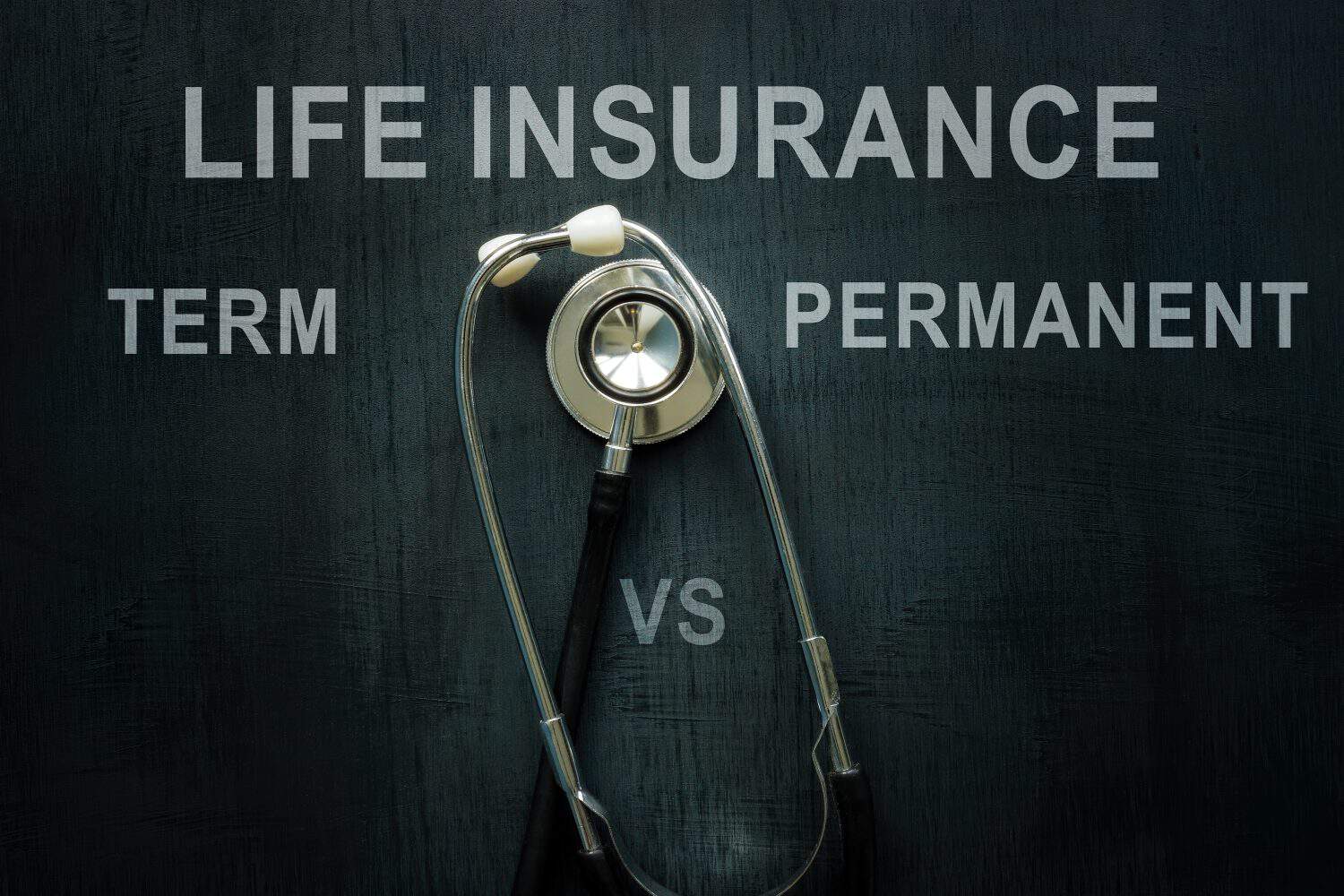Personal Finance
The Average American Can’t Answer These Simple Life Insurance Questions

Published:

When it comes to enrolling in life insurance, it’s a highly personal topic as you must decide which plan best suits you and your family. Ultimately, the goal is to select a plan to help provide for your family should something happen to you, as terrible as that might be.
Life insurance is something every family provider should have. The amount of life insurance you need is dependent on a number of factors. Your age, health, and job can all factor into how much you pay for your life insurance premium. Also: Are You On Track to Retire? Take This Quiz and Find Out (Sponsored)
Key Points
There is no question that the topic of life insurance can be unpleasant as you are planning for a moment in time when you’re gone. However, understanding life insurance is critical to providing financial security to your loved ones.
Ultimately, a life insurance policy can make a big difference in how well your family handles finances after you are gone, so it’s essential to understand all the basics to decide which policy, term, or premium to choose.

What is life insurance?

Life insurance provides a financial payout to beneficiaries previously selected upon the policyholder’s death. If the right amount of family planning is done, this payout can be essential for many families to help pay for funeral costs, a mortgage, or even children’s college tuition.

What are the two types of life insurance that are available?

The most straightforward option is Term Life insurance, which provides coverage for a set period, usually between 10 and 30 years. The beneficiaries receive a payout if someone passes away during this time frame. Whole life insurance offers a fixed premium, which means a guarantee of cash value growth, and coverage is provided to a maximum age, generally between 95 and 121 years of age.

How much life insurance does someone need?

This is a tough, potentially even the toughest question around life insurance. You have to consider your family’s everyday expenses and lifestyle needs, including monthly bills for groceries. How much will the family need to keep these costs paid for a set amount of time? The same goes for any outstanding debt that might need to be covered and future financial goals that you might have for yourself or your family.

How long should a life insurance policy last?

Choosing the correct term is super important for anyone considering term life insurance. If you go with a 10-15-year term, you can provide enough money to help cover your family until your children are self-sufficient. On the other hand, a longer-term plan, or one lasting more than 20-30 years, is helpful to know a mortgage is covered, school costs are handled, and financial security for a spouse is extended.

How much should a life insurance policy cost?

Many factors go into determining life insurance costs, and it’s not an exact science. The type of policy matters, as does someone’s age, overall health, lifestyle habits, and coverage amount, which are just a few examples of significant factors that determine policy cost. However, the length of a term will also influence the price as will any potential medical exams required to underwrite the policy.

Will my life insurance provide any living benefits?

Because of how life insurance is often described, most people consider it something that triggers after a death. However, there are ways to access your life insurance while living. For example, with a Whole life insurance policy, which grows in cash value over time, you can borrow against this for any major life events. Similarly, you can create a living benefit rider that might trigger if you are diagnosed with a terminal or chronic disease.

Are any life insurance benefits guaranteed?

The most simple answer is that any life insurance benefit is guaranteed upon death as long as you meet the specific death policy (suicide is generally not covered). However, a policy could lapse if a premium is not paid, resulting in a complete lack of coverage, so keeping up with payments is critical. A Whole life insurance policy, including the accrued cash value, is also guaranteed at death.

Are there any life insurance policy exclusions that would prevent overall coverage?

Insurance companies always seek to minimize risk, so some exclusions could impact someone’s ability to qualify for coverage. Anyone with a high-risk job or hobby, such as a skydiver, could have a more difficult time finding a life insurance policy, with the likelihood that it would exclude any claims related to this hobby. However, some companies would allow an additional rider, for an additional cost, to help cover any habits or high-risk jobs.

What happens to a life insurance policy if you have a major health event?

Once your life insurance policy is active, major changes to your health should not affect your premium. Unless you hid a condition from a health insurance company at the policy signing, there shouldn’t be any impact. However, if you are diagnosed with a condition and want to adjust your policy, there may or may not be some flexibility to change your insurance policy at a higher rate.

What are some smart ways to calculate how much life insurance you will need?

While emphasizing again that there is no exact science, some methods are worth considering. Consider multiplying your salary by 10. This would mean anyone with a salary of $75,000 would want to consider a $750,000 life insurance policy. You could also use the DIME method, which stands for debt, income, mortgage, and education. You can determine the cost of a life insurance policy by adding up all of these costs, including the years your family would need your salary.

What is Universal Life Insurance?

While life insurance focuses mostly on Whole or Term policies, you could also consider Universal life insurance. This policy type includes permanent protection and will build cash value over time. However, with a Universal policy, you can adjust your monthly payments within a set period to adjust payments to match variations in your income.

Can you use a final expense life insurance policy?

You can use any life insurance you want or none at all. Some people often use a final expense insurance policy to cover funeral or burial costs. As long as you keep making payments, the policy remains effective. It is generally purchased by older individuals who want to protect adult children from shouldering these costs independently.

What is a beneficiary as it relates to life insurance?

A life insurance policy beneficiary is someone specifically chosen to receive any life insurance policy proceeds upon someone’s death. When you purchase a policy, a beneficiary must be named, generally with a primary individual and then a backup or contingent beneficiary if the first person is unavailable.

Does life insurance generally cover all causes of death?

Mostly, all life insurance policies will cover most of the common causes of death within reason. By this, we mean that there are exclusions within the first few years or the whole term of the policy, which could include suicide, any death related to criminal activity, or high-risk activities that are not otherwise covered by an additional rider.

How do life insurance companies determine the cost of a premium?

When you think about how a premium is determined, several factors are considered by the life insurance policy. This includes a person’s age, health, occupation, whether or not they are a smoker, and the policy type. It won’t come as a surprise to learn that younger and healthier people generally pay smaller premiums than older smokers. Pre-existing conditions can also impact the cost of a premium.

Are there any tax implications for a life insurance policy payout?

In most cases and states, death benefits are considered tax-free for beneficiaries. However, there is a caveat: An estate tax may be applicable if a policyholder’s estate is larger than the federal or state threshold. Any cash gains from a cash value withdrawal could also be taxable, such as taking a loan from a policy to cover a major life event.

Can someone have multiple life insurance policies?

Yes, someone can have multiple life insurance policies, and it’s even a common situation. While many people establish their life insurance policy with their family, they may also have a smaller policy available as a benefit from their employer. You can also create a life insurance policy just for income replacement and another to cover the cost of a mortgage or tuition. The real answer comes down to how many different premiums are affordable.

What happens if you miss a life insurance payment?

Just about every life insurance policyholder will offer you a grace period of 30 days to catch up on any overdue payments. However, the policy can lapse if this payment isn’t made in time. In addition, a permanent policy may draw from the cash value to cover premiums before lapsing.

What is the difference between group life and individual life insurance?

An employer traditionally provides a group life insurance policy that costs less because coverage is purchased in bulk and is more limited overall. An individual policy is one you have purchased on your own that offers increased flexibility and better coverage, with the caveat that it is more expensive. A group life insurance policy would typically end if you leave an employer.

What is a life insurance contestability period?

After life insurance is issued, the policyholder, or the insurance company, to be more exact, has a policy in place where they can investigate any claims and deny any benefits if there is any evidence of fraud or misrepresentation provided during the life insurance application period.
Retirement planning doesn’t have to feel overwhelming. The key is finding expert guidance—and SmartAsset’s simple quiz makes it easier than ever for you to connect with a vetted financial advisor.
Here’s how it works:
Why wait? Start building the retirement you’ve always dreamed of. Click here to get started today!
Thank you for reading! Have some feedback for us?
Contact the 24/7 Wall St. editorial team.